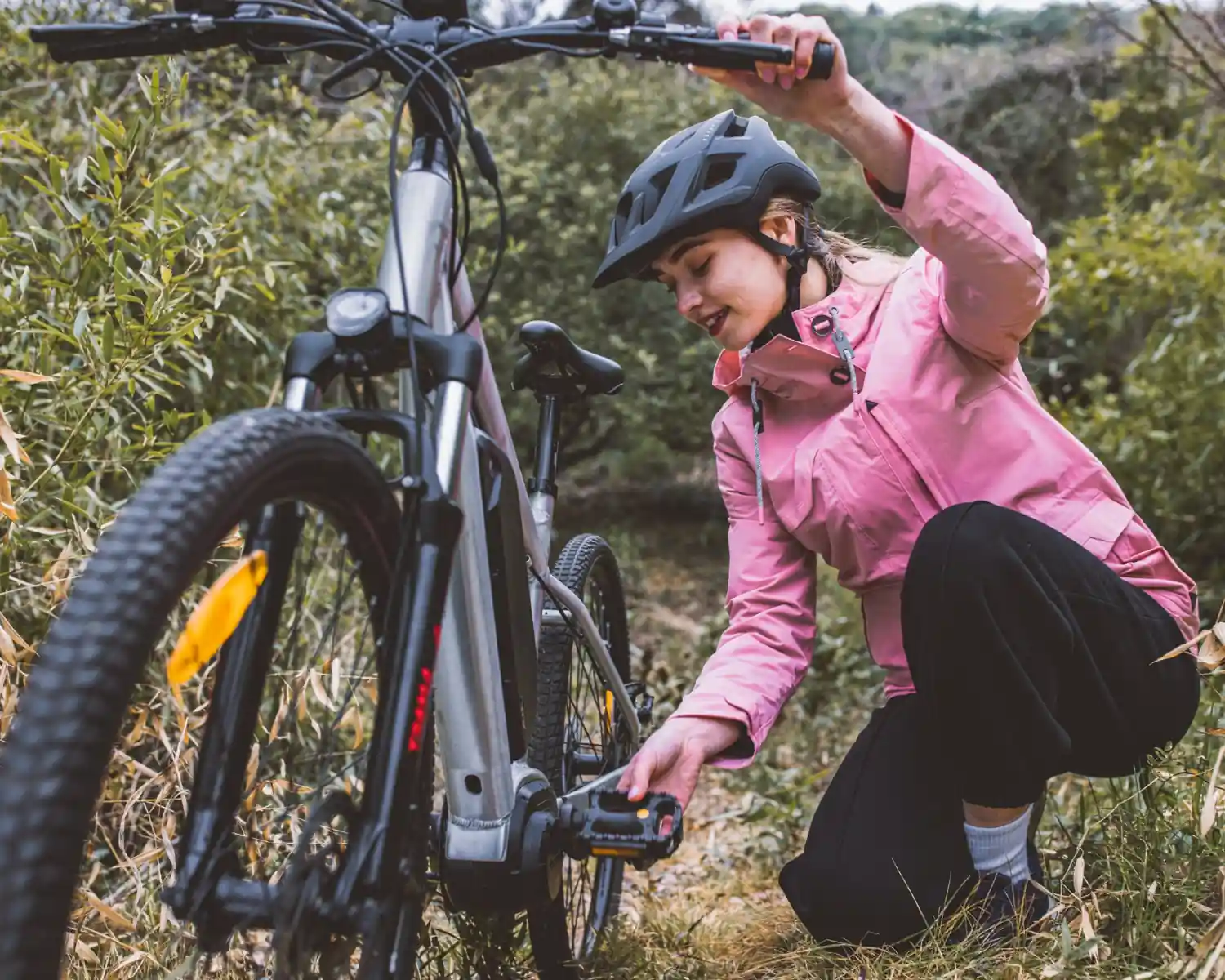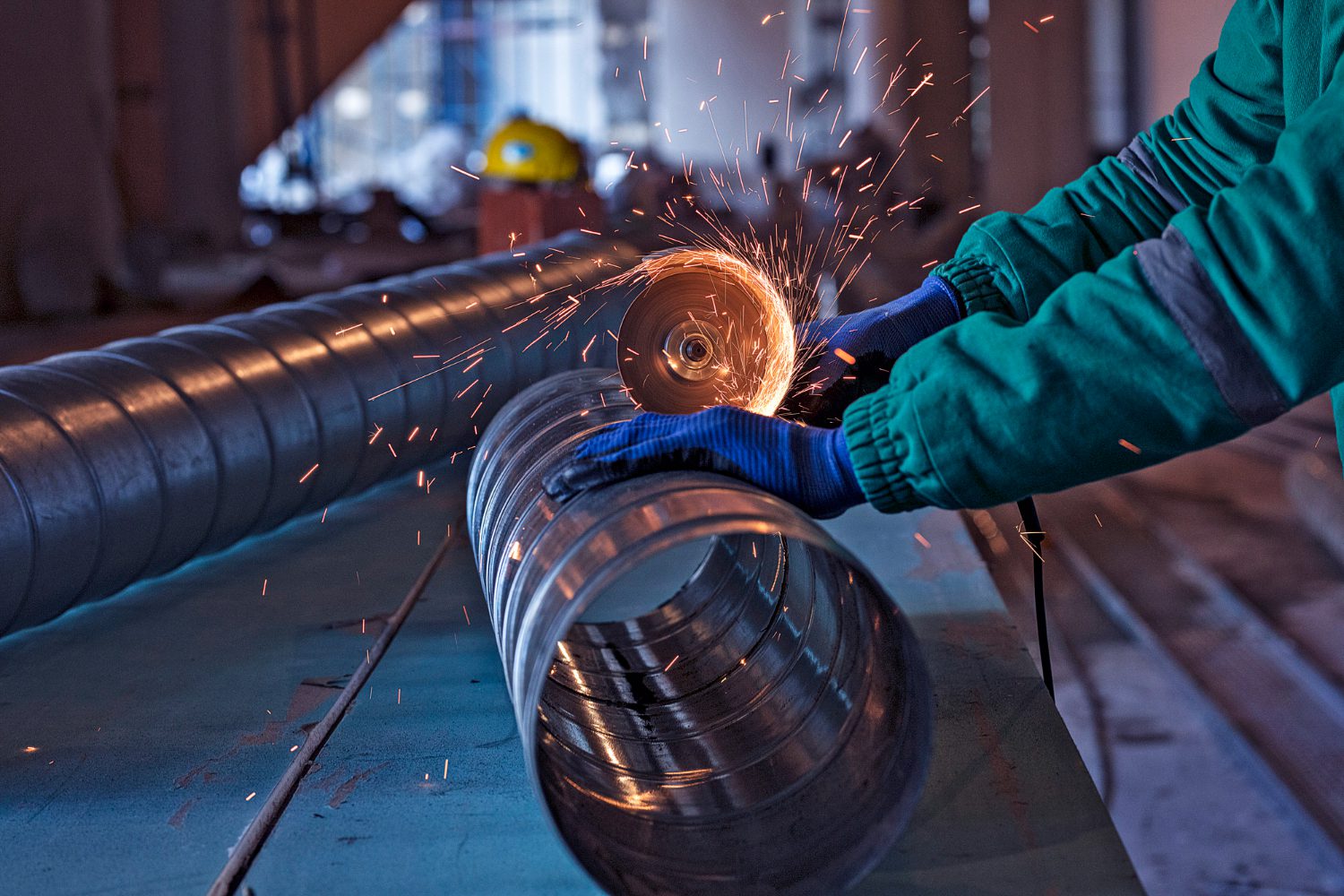
From Spruce to Veneer: What the EUDR Means for the Timber Industry
The EUDR is bringing major changes to the wood and paper sector. Starting December 30, 2025, only timber products with a proven legal and deforestation-free origin will be allowed on the EU market. This article breaks down what that means in practice – for forest owners, sawmills, print shops, furniture manufacturers, publishers, and distributors alike. The rules will differ depending on your role, but no one is fully exempt.
Key Takeaways
From December 30 on, businesses in the timber industry may only place products on the EU market if their origin is both legal and free from deforestation. The exact obligations depend on your market role and company size. Importers and traders operating in the EU must submit a due diligence statement. Downstream SMEs benefit from certain simplifications but still bear responsibility in specific cases. Products that have already passed due diligence can be further processed or sold using the associated reference number – as long as the original due diligence was properly carried out.
EUDR, EUTR, FLEGT, FSC/PEFC: What’s Changing?
In short: The EUTR will be replaced, while FLEGT and FSC/PEFC remain relevant.
For businesses in the timber sector, the EUDR isn’t entirely unfamiliar. The EU Timber Regulation (EUTR) already prohibited the import and processing of illegally harvested timber within the EU. So what exactly is new – and what does this mean for FLEGT agreements?
EUTR
The EUTR will be replaced by the EUDR starting December 30, 2025. However, there is a transition period for EUTR-compliant products manufactured before June 29, 2023, but placed on the market after December 30, 2025. For these products, the EUDR will apply from January 1, 2029.
Compared to the EUTR, the EUDR expands the scope of due diligence and includes a broader range of timber products.
FLEGT
The EUDR distinguishes between legality risks and deforestation risks. FLEGT licenses – part of a permit system for timber imports from partner countries – will continue to serve as proof of legality, at least for now.
FSC/PEFC
Like FLEGT, FSC and PEFC certifications provide information about sustainable forest management. Under the EUDR, these certificates are considered indicators that products are legal and deforestation-free. However, they do not replace the obligation to gather relevant data and submit a due diligence statement.
Wood in All Its Forms: What’s Covered by the EUDR?
The EUDR applies to both raw and processed wood. Here’s a comprehensive list of wood-based products covered by the regulation:
- Firewood, wood chips, sawdust, etc.
- Charcoal
- Roundwood
- Wood for barrel hoops, stakes, etc.
- Wood wool, wood flour
- Wooden railway sleepers
- Sawn or planed wood >6 mm thick
- Veneer sheets, plywood layers ≤ 6 mm
- Moulded wood, including planed or sanded
- Particle board, fiberboard, OSB, etc.
- Plywood, veneered wood, laminated wood
- Densified wood
- Wooden frames, wooden packaging, pallets, etc.
- Cooperage products
- Wooden tool handles, shoe lasts, etc.
- Carpentry products, flooring, etc.
- Tableware, kitchenware, wooden seating furniture and parts, wooden furniture and components
- Marquetry, wooden boxes, decorative items
- Pulp and paper, printed matter, drawings, books, etc.
- Prefabricated wooden buildings
In other words: from sawmills and furniture manufacturers to book retailers – many players in the value chain must comply with the EUDR.
But how do you approach compliance with such a wide range of starting points? The next section outlines a general roadmap for implementing the EUDR, followed by practical examples tailored to the timber industry.
EUDR Compliance: The Essentials
In principle, the process is the same for all companies:
- Define your EUDR role. Are you a trader or an operator? Our EUDR Check can help you clarify your status.
- Collect the necessary data. You need a clear overview of your raw materials and products. As a manufacturer, you must know exactly which materials flow into your final product. If you’re an importer, this means gathering geolocation data for the forest areas involved. Downstream companies will need reference or verification numbers. Especially if you don’t separate your stock by origin, this step can get tricky – so take care to be thorough.
- Conduct a risk assessment. You may only place products on the market if they carry no or only negligible risk of deforestation and illegality.
- Mitigate identified risks. Ideally in close cooperation with your suppliers.
- Document your process and submit a due diligence statement. In addition, companies that don’t qualify as SMEs under the EUDR must publish an annual report on their EUDR compliance.
You can find a detailed explanation of each step in our practical guide to EUDR compliance.
… and Here’s What EUDR Compliance Looks Like in the Timber Industry
To support implementation, the EU has published an EUDR Compliance Guide with various practical scenarios. The following four examples provide guidance for companies that manufacture or trade wood-based products:
Scenario 1: From Tree to Paper Product
Initial situation:
A forest owner sells standing trees to a large timber company. After harvesting, the forest owner transfers ownership of the roundwood to the company, thereby placing it on the EU market for the first time.
The forest owner qualifies as an upstream SME operator and is responsible for ensuring that the wood is both legal and deforestation-free in line with the EUDR. A due diligence statement must be submitted via the EU information system – the forest owner may authorize the timber company to act as their representative. However, legal responsibility remains with the forest owner.
Processing and export:
The timber company harvests the trees, processes part of the wood into paper products at its own paper mill, and exports some of these products outside the EU. Because the wood has undergone further processing, the resulting products are again considered relevant under the regulation. The company must submit its own due diligence statement but may refer to the forest owner’s previously submitted statement (including the reference number).
Distribution within the EU:
A paper distribution company sells the paper to print shops within the EU. Although the paper has already been placed on the market, the distributor is a non-SME trader and therefore subject to the same obligations as an operator. This means the distribution company must also submit a due diligence statement to the system. It may refer to the earlier statement as long as it can prove that due diligence was properly conducted.
Conclusion:
Throughout the entire supply chain – from forest to shelf – both operators and traders must meet their EUDR obligations. Early submitted due diligence statements can be reused, but they do not relieve any party of their responsibility for verification and documentation.
Scenario 2: From Sawmill to Furniture Store
Initial situation:
An SME sawmill processes logs into sawn timber and sells the material to furniture manufacturers within the EU.
Although the sawmill places a new product on the market, it is not required to conduct its own due diligence, as it only processes pre-verified wood. However, it must retain the reference number from the original due diligence statement, which serves as proof of traceability.
Further processing:
Two furniture companies purchase the sawn timber and use it to manufacture furniture. By doing so, they place new relevant products on the market. This makes them operators under the EUDR, and they must ensure clear documentation of the origin of all raw materials – even across multiple processing steps. This includes linking incoming deliveries to the final products and referencing the relevant upstream due diligence statements (DDS) in their own DDS.
The following obligations apply based on company size:
- The larger company must submit its own due diligence statement but may refer to the earlier DDS from the timber supplier. It remains responsible for full EUDR compliance.
- The smaller company is exempt from submitting its own DDS but must still retain the corresponding reference number.
Caution with mixed sources:
If the furniture manufacturers also use timber that has not yet been verified – for example, from their own imports – they are fully responsible for EUDR compliance. In this case, they must submit their own due diligence statement, including all required information such as geolocation data.
Conclusion:
EUDR obligations vary depending on a company’s role in the supply chain and its size. Companies working exclusively with pre-verified materials benefit from simplifications – but they must always be able to prove the origin and EUDR compliance of their products.
Scenario 3: Newspaper from Forests You Own
Initial situation:
A paper manufacturer based in the EU produces newsprint using wood sourced from its own forests and places it on the EU market.
As a large operator, the manufacturer must ensure that the paper is both legal and deforestation-free. For every batch placed on the market, it must submit a due diligence statement through the central information system. If all products come from the same origin, a single statement can cover multiple shipments over a period of up to one year.
Further processing:
A publishing company purchases the paper, prints newspapers, and places them on the market for the first time. As a large operator, the publisher must also submit its own due diligence statement. It may refer to the statement submitted by the paper manufacturer, provided it verifies that the original statement is complete and accurate. In this case, one statement can also cover several issues of the newspaper (e.g. on a quarterly basis).
A second, smaller publisher also uses paper from the same manufacturer to print newspapers. Since the paper has already been verified and the publisher qualifies as an SME, it is not required to submit a due diligence statement. However, it must retain the reference numbers from the existing statement.
Retail sales:
The newspapers are then sold to two retailers:
- The large retailer is treated as an operator and must submit its own due diligence statement. It may refer to the publisher’s statement, but only after verifying its validity. One statement may apply to multiple deliveries.
- The small retailer is not required to submit a statement but must document the supply chain and retain the relevant reference numbers. It is not responsible for the product’s compliance.
Conclusion:
Whether you’re a producer, processor, trader, or publisher: under the EUDR, obligations depend on both your role in the supply chain and the size of your company. SMEs using pre-verified materials benefit from certain simplifications. Larger companies, however, must submit their own statements and carry full responsibility for compliance.
Scenario 4: Imported Paper and In-House Newspaper Production
Initial situation:
A small EU-based publishing company imports paper from a non-EU country, uses it to print newspapers, and distributes them within the EU.
Although the publisher qualifies as an SME, it is the first to place the paper on the EU market, making it an operator under the EUDR. This means the publisher must prove that the paper is legal and deforestation-free and submit a due diligence statement via the central information system. If the paper comes from the same origin over time, a single statement can cover multiple batches for up to one year.
Processing into newspapers:
The publisher uses the imported paper to produce newspapers and places them on the EU market. As an SME working with pre-verified material, it is not required to submit a new due diligence statement for the newspapers. However, it must retain the reference numbers from the existing statement.
Distribution by a wholesaler:
A larger wholesaler purchases the newspapers and distributes them further. Even though the product itself remains unchanged, the wholesaler must submit its own due diligence statement for the newspapers. It may refer to the publisher’s existing statement, but only after verifying its completeness and accuracy. A single statement can also cover multiple deliveries over time, as long as all products meet EUDR requirements.
Conclusion:
Smaller operators benefit from certain simplifications but still hold responsibility in specific roles – especially when importing. Larger traders must take responsibility for verifying and documenting compliance, even for seemingly “finished” products like newspapers.
Obligations Vary – VERSO Supports You in Every Scenario
Anyone placing wood or wood-based products on the EU market must prove their origin and rule out deforestation risks – whether you’re a small furniture retailer or a global paper company. What matters now is knowing your market role, collecting the right data, and taking ownership instead of passing responsibility down the chain.
Our EUDR software solution helps you stay compliant. Automated, efficient, and reliable.
*This information is summarized editorial content and should not be considered legal advice. VERSO assumes no liability.





